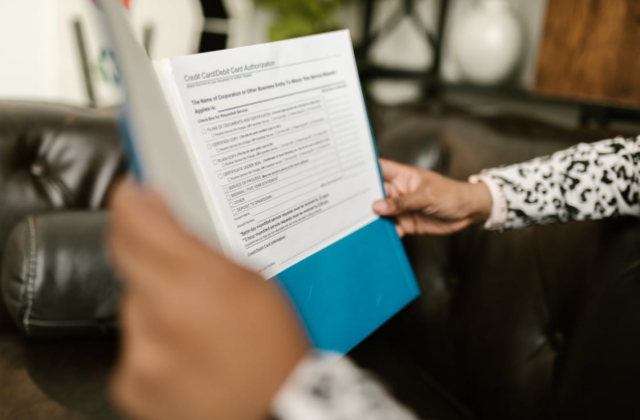Insurance is an important tool for family risk management, and in the relationship between husband and wife, how to use insurance to effectively prevent joint debt risks is a topic worth pondering. Marriage is not only an emotional union, but also an economic community, and the ensuing common debt risk can not be ignored.

The joint debt of husband and wife refers to the debt generated to meet the needs of family life during the marriage relationship. When one party generates huge debts due to poor management, investment mistakes or accidents, the other party and the common property may face great risks. In this case, the role of insurance is particularly important.
First of all, we can use life insurance to transfer risks. For example, buy high term life insurance or whole life insurance for the main breadwinner of the family. When the main source of income dies unfortunately, the compensation paid by the insurance company can be used to repay the joint debts owed before his death, thus protecting the other party and children from debt involvement. This fund can be regarded as a financial firewall to ensure the stability and continuity of the family.

Secondly, property insurance is also a powerful tool to prevent common debt risks. If the assets jointly owned by husband and wife, such as real estate or vehicles, face the risk of being sealed up or auctioned due to debt problems, relevant insurance can provide protection to some extent. For example, home insurance can cover the losses caused by fire, flood and other accidents. Although it can't directly repay the debt, it can avoid further decline in value due to asset damage, thus retaining more asset value in the process of debt treatment.
Furthermore, accident insurance and health insurance can also indirectly play a preventive role. When one party is unable to work due to accidental injury or serious illness, the huge medical expenses and income loss may become a new debt burden for the family. Adequate health and accident insurance can effectively cover these expenses, reduce the economic pressure of families, and avoid poverty and debt due to illness.
In addition to the insurance products mentioned above, husband and wife can also consider setting up independent financial accounts and purchasing insurance products benefiting individuals to further isolate the risks of personal debt and joint debt. For example, one party can buy an annuity insurance or savings insurance, and clearly designate himself as the beneficiary in the policy. In some cases, the cash value of such policies may be legally protected to a certain extent and not used as the target for repaying the personal debt of the other party.

In a word, insurance is not everything, but it is a proactive and predictable risk management strategy. Through the rational allocation of life insurance, health insurance, property insurance and other products, both husband and wife can build a solid financial defense line for the family, and when faced with sudden debt risks, they can cope with it more calmly and protect the future of themselves and their families.


